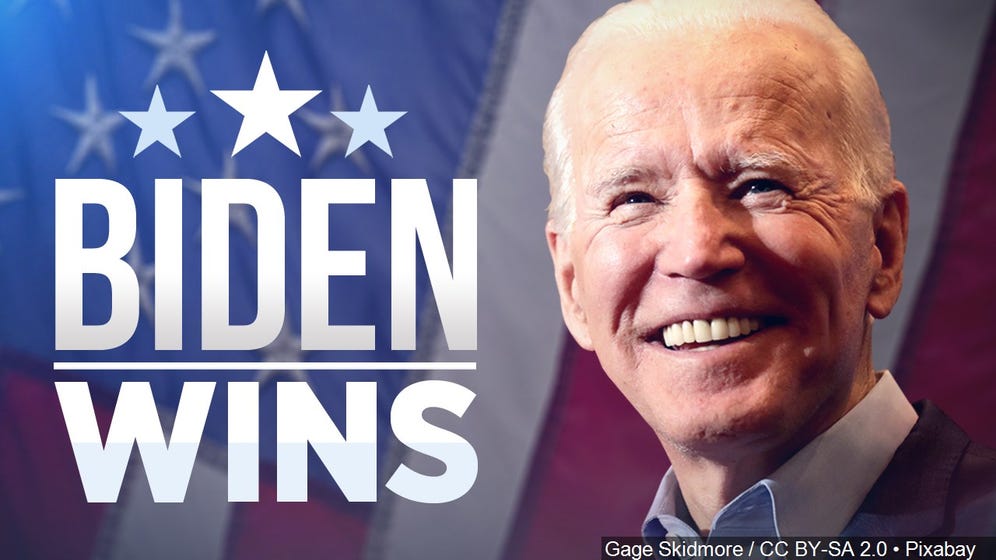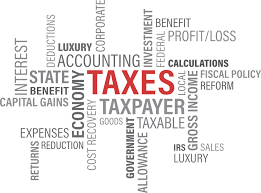
The U.S. labor market is poised for a hiring spree that could deliver jobs to the industries, regions and workers hardest hit during the Covid-19 pandemic. Hot American Economy is Mixed Blessing For the Rest of the World, writes Wall Street Journal Friday.
The Labor Department’s March report, set for release Friday at 8:30 a.m. ET, is expected to show employers added 675,000 jobs, which would be the strongest monthly gain since the fall.
Further out, economists surveyed by The Wall Street Journal project employers will add an average of 514,000 jobs each month over the next year, for a total of more than six million. That would mark the best 12-month stretch of job creation in decades but leave overall employment totals below where they stood before the pandemic.
The jobs rebound—which began late last spring but temporarily stalled in December—is gaining renewed momentum as more people are vaccinated against Covid-19, states lift restrictions on business activity, and consumers grow more comfortable dining, shopping and traveling outside their homes.
The labor market is poised for a hiring spree that could deliver jobs to the industries, regions and workers hardest hit during the Covid-19 pandemic. Hot American Economy Mixed Blessing For the Rest of the World
Fear of tax Increases
The U.S. recovery is already rippling around the world, but economists say the coming boom could presage a two-speed recovery from the extraordinary economic downturn of the past year. Financial Times in London writes that Biden faces clash with business over proposed tax increases. Corporate lobbyists welcome infrastructure spending but want other ways to pay for it, according to FT.com.
Los Angeles Times writes that Biden’s infrastructure bill will face uphill battle in Congress. Heffernan: Biden’s plan to upgrade almost everything is worth every trillion.
Tax experts say that key negotiations with the US Congress on details of the new tax plan proposed by president Joe Biden will determine the extent of the plan’s impact on the Republic. The plan, which proposes a minimum 21 per cent global tax rate on US firms, carries dangers for the State, according to PwC’s managing partner Feargal O’Rourke, and could significantly erode the attractiveness of the State’s 12.5 per cent corporate tax rate for foreign investors.
As part of a major new economic plan, Mr Biden has proposed the new global minimum rate, effectively an increase in what is known as the US GILTI rate, a charge on international profits, which is currently set at 10.5 per cent. As well as increasing the rate, the president proposes to change the way the charge works, applying it on a country-by-country basis and abolishing an existing provision which allows companies to make a 10 per cent return on overseas assets before any tax kicks in.
Vital with Tax Certainty
Reacting to the news, the American Chamber of Commerce Ireland, which represents US firms in the State, said a vital issue for US companies here was tax certainty. The proposals were at an early stage, it said, and would be subject to discussion and amendment, with strong opposition from US business building.
The combination of the proposed higher global rate and the changes in how it would work could undermine the allure of the State’s 12.5 per cent rate as US companies would also have to pay top-up payments back in the US. However, “there is a lot of politics to get to a final outcome and [a] lot still in play”, according to Mr O’Rourke. Close attention will now be paid to what proposals emerge on the plan in Congres, writes The Irish Times in Dublin.




